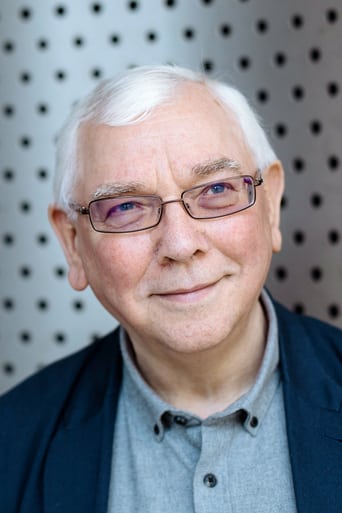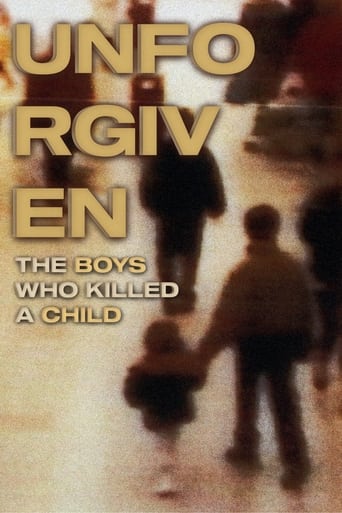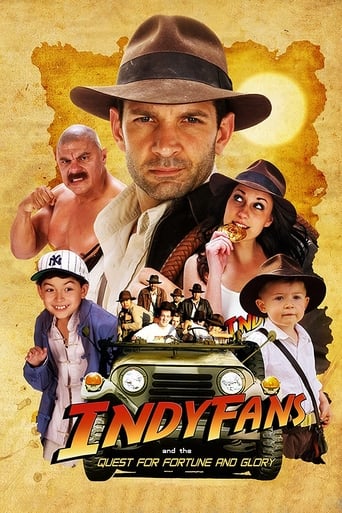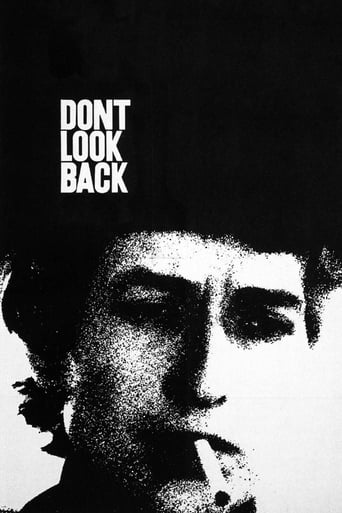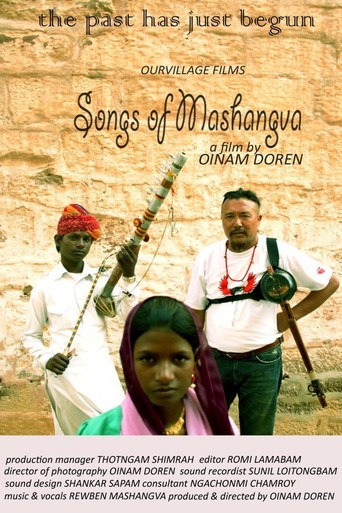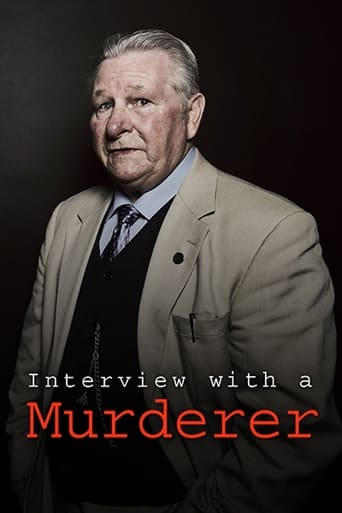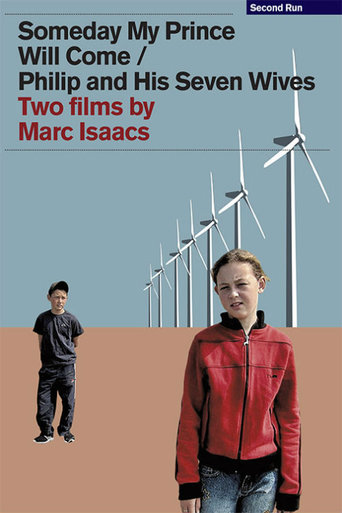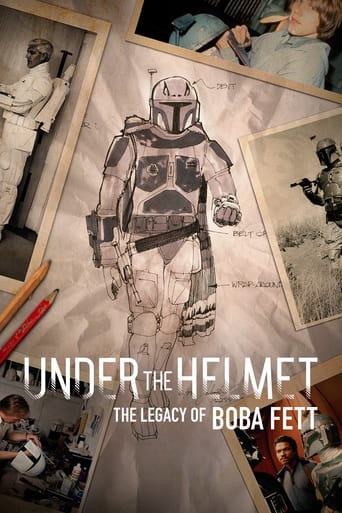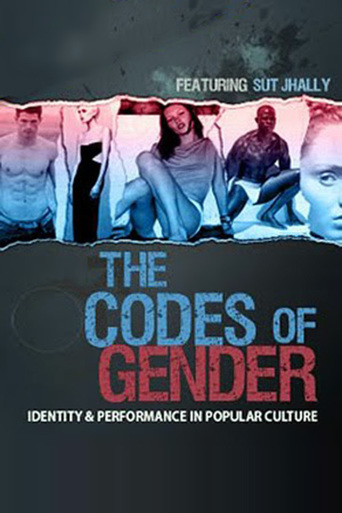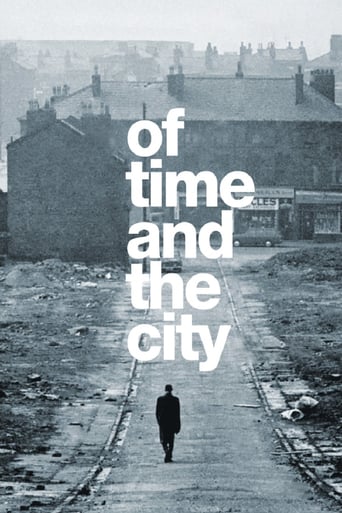
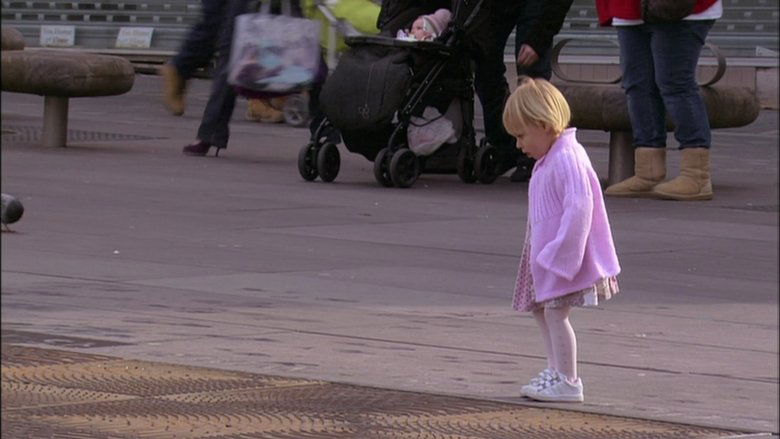
Of Time and the City (2008)
British director Terence Davies reflects on his birthplace of Liverpool - his memories of growing up there and how it has changed in the years since - in the process meditating on the internal struggles and conflicts that have wracked him throughout his life and the history of England during the second half of the 20th century.
Watch Trailer
Cast


Similar titles
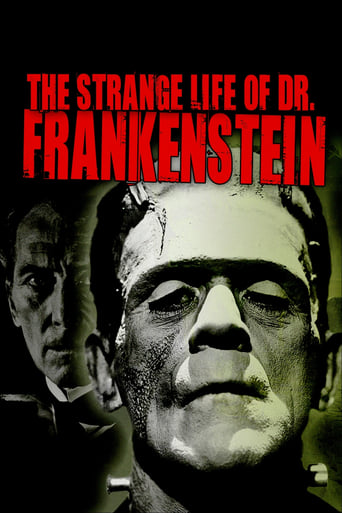
Reviews
Of Time and the City is a nostalgic look at the history of Liverpool, England. Terence Davies is a well known British director and he made this film as an examination of his childhood and what it was like growing up in Liverpool. He dabbles in Christianity, homo-eroticism, and lots of classical music. He examines just how all of this affected him and what it meant to him in the context of Liverpool. The film is told through archival footage and Terence Davies' narration which is a mix of bitter yet telling. This is obviously a very personal film for Davies, yet I myself can't relate in the slightest. Maybe you have to be 60 years old and from Liverpool to really understand this film and understand Davies' intentions. I'm neither of these things so this film did nothing for me.In a nutshell I just don't understand the purpose of this film. It is Terence Davies reliving his childhood and the things which have made him into what he is today. He does so eloquently and poetically, yet it doesn't make any more relevant to me or any more interesting to watch. The film is very dull and can easily lull you to sleep. There is little to this film if you can't relate to anything going on. I'm not saying that in order for a film to be good you have to be able to relate to it on some level, but if you can't then the film should at least be well made and compelling. Of Time and the City is not very interesting and its only about as well made as a small film like this can be.Creating an entire film out of narration, piano music, and archival footage just doesn't make for a terribly interesting film. Of Time and the City is not visually striking and everything being discussed doesn't strike any notes with me. The film is very stagnant as it switches between footage with narration over it to footage with music over it. The visuals seem fairly relevant while Davies narrates, but then they become random and meaningless when the music is played over them. At this point it really just feels like filler, something a 74 minute film doesn't need.Maybe I just completely missed the point of Of Time and the City, or maybe you have to have a very specific background and interest to enjoy this film. I feel like if you are out of the "target audience" like myself then your chances of enjoying this film are dashed. This film did nothing emotionally for me and I was nothing but bored for an hour and fourteen minutes.
His first film since House of Mirth in 2000, Terence Davies' elegiac documentary Of Time and the City is a snapshot of memories from his formative years in Liverpool, England, a city mostly known to the world as the home turf of the Beatles. Consisting of archival footage, personal photographs, and contemporary video, Of Time and the City is not meant as a historical document or a linear chronology of events but as a poetic tribute to the city in which he lived from 1945 until 1973, a tribute, however, that is unfortunately tinged with bitterness toward the institutions that made his life as a gay man full of anguish.Proclaiming that "the world was young and oh how we laughed", Davies shows us glimpses of early days at the beach with extras serving as stand-ins for his family, football matches with their huge crowds, and many, many children with smiling faces. There are also photos of working class families going about their daily chores, carrying their laundry down the street to neighborhood laundries on the top of their head, and buildings defaced with prominent graffiti. To provide context for the images, the film's soundtrack offers bits of popular and classical music, operatic arias, excerpts from radio programs, and Davies' own narration of passages from Yeats, Joyce, Engels, Chekhov, Jung, and Eliot, all delivered in a tone of solemn incantation.Davies remembers his love for American movies and how he was addicted to Hollywood musicals, westerns, and dramas when he was a young man. Highlighting the appearance of Gregory Peck at the Ritz Theatre across the river from Liverpool, Davies recounts that "my love was as muscular as for my Catholicism, without any of the drawbacks." Raised as a devout Catholic, the director, now 64, seems to reserve his best barbs for the institution that thwarted his self expression, telling us that religion is "all a lie" and that he has become a "born-again atheist" even while acknowledging his guilt for going to wrestling matches to sneak a feel at passing bodies.To the music of the Ewan McColl song "Dirty Old Town" from 1949 that evokes the factories of northern England, the film shows us the poverty and the slums that were torn down in the 1960s only to be replaced by sterile high rise projects which did little to alleviate the poverty. "We had hoped for paradise", Davies proclaims, "we got the anus mundi", a phrase that does not require a translation. He also does not spare the British monarchy from his venom, calling the coronation in 1953, "Betty and Phil and a thousand flunkies." He notes the amount of money that was "wasted on the monarchy...privileged to the last," while the rest of the population, "survived in some of the worst slums in Europe!" As for the Fab Four, the only mention they are given is a condescending "yeah-yeah-yeah-yeah," when they are shown in a Liverpool gig. Following the tradition of what he calls "the British genius for creating the dismal," Davies does nothing to lighten the gloom or show the resiliency of the folks in that "dirty old town" but offers only a decidedly skewed look at a vibrant creative city, distorted by his own memories of isolation. Calling his film his "chanson d'amour for all that has passed," Davies fails to communicate the warmth and love implicit in that label. He quotes Chekhov that "the golden moments pass and leave no trace", yet fails to see that for the golden moments to leave their mark, one needs to look past the anger and expand one's vision to see the "Penny Lanes" and the "Strawberry Fields Forever".
Luckily it was only 77 minutes. This documentary on Liverpool, UK, during the 20th century had potential, but it was like watching a college student's project instead of the work of a 64 year old man. The archival footage was interesting, but the negative, cynical poetry of TS Eliot and James Joyce was very depressing and dark. Here is footage of smiling beautiful Brits going about life and being happy with friends and family, and happy playing children, despite living in a poor city, and the heavy dressing poetry being read over it was ridiculous. Try living in a tough, diverse American urban center, with rampant crime & conflict and then you'll have something to complain about. The poetry was hard to understand too, and no captions available. It is pretentious to prove you are literate by using Joyce or Eliot's words (or whoever the poems were by - there was no attribution), despite them being very whiny, cynical, negative and depressing.It was boring to me and to my male friend. We didn't think it was cute or clever to call Queen Elizabeth and Prince Philip, 'Betty and Phil" and to be so critical of the Royal pomp & pageantry while adoring Hollywood glitter and pomp. The commentary was unwise, immature, cynical and depressing. The special features were BORING too. Everyone is kissing butt of the director because of past work, but this movie was like a POV show on PBS.The director could have focused on any number of beautiful things about life in Liverpool, including the beauty of the townspeople, instead of the depressing drone of complaints. I recommend to miss it or watch the footage with the sound off. One other point: in the special features they mention more than once that the song The Folks Who Live on the Hill was "BY" Peggy Lee. She sang it, but it was written "BY" Oscar Hammerstein II and Jerome Kern.
The 21st Century has seen an amazing rebirth of feature length documentaries as a rich cinema experience. Obvious examples from 2008 are Man On Wire and Waltz with Bashir.Of Time and the City is the latest and certainly the most eccentric. It has no obvious claim to a mass market, not even from its home turf Liverpool. It is quite esoteric at times, laced with poetry and introspection which may make it less accessible for some who would otherwise enjoy it immensely. Yet at the same time it is a vivid history of post-war Liverpool, and its working people. A collage of the changing character of British cities in the second half of the 20th Century.This is filmmaker Terence Davies' homage to his roots. The official website describes it as "both a love song and a eulogy. It is also a response to memory, reflection and the experience of losing a sense of place as the skyline changes and time takes it toll." Davies was born in November 1945, after the end of the Second World War and at the beginning of the end of the British Empire.Terence comments that "family, church and the movies" were his "whole world". He grew up in Liverpool's slums. The changing and unchanging architecture of this port city is central to his memories. The enduring buildings are mostly Classical, with more columns than a U.S. State Capital.We see the promise and the betrayal of the slum clearances with the communities of small terraced houses replaced by the ghettos of public housing towers. The "loss of dreams" is underscored by Peggy Lee's The Folks Who Live On the Hill. "We had hoped for paradise. We got the Annus Mundi," puns Davies.His republican sentiments are clear. We are treated to some of the highlights of the royal circus known as the Betty Windsor Show, in particular her wedding and coronation.He also parades the other masters of pageant and ritual, the Roman Catholic Church and its red-robed clergy. However, the papal pomp is not enough to keep Terence within the faith. The hideous new Cathedral cannot cement his attachment to his ancestral religion. Instead he visits a different arena, the wrestling ring, to indulge his adolescent homosexual fantasies.Of Time and the City is a visual gem, using mostly archival footage. It's his first documentary and Davies says that he cut it like fiction - "the images should speak". The narration mixes poetry with his own commentary as he explores "time, memory and mortality". T.S. Eliot's Four Quartets is a major source of inspiration:Out at sea the dawn wind Wrinkles and slides. I am here Or there, or elsewhere. In my beginning. (East Coker)We shall not cease from exploration And the end of all our exploring Will be to arrive where we started And know the place for the first time. Through the unknown, unremembered gate When the last of earth left to discover Is that which was the beginning; ... A condition of complete simplicity (Costing not less than everything) And all shall be well and All manner of thing shall be well (Little Gidding)Musically Davies has little time for the pride of Merseyside, The Beatles. His soul has been stirred more by the likes of Mahler. The film's sound track is an aural delight.If you're looking for a travelogue, then forget this film. Terence Davies challenges his audience, through his personal reflections, to ponder their own journeys.'Cinema Takes' http://cinematakes.blogspot.com/


